YCD’s model is underpinned by the idea that when students are empowered, schools and communities become more inclusive and justice-oriented.
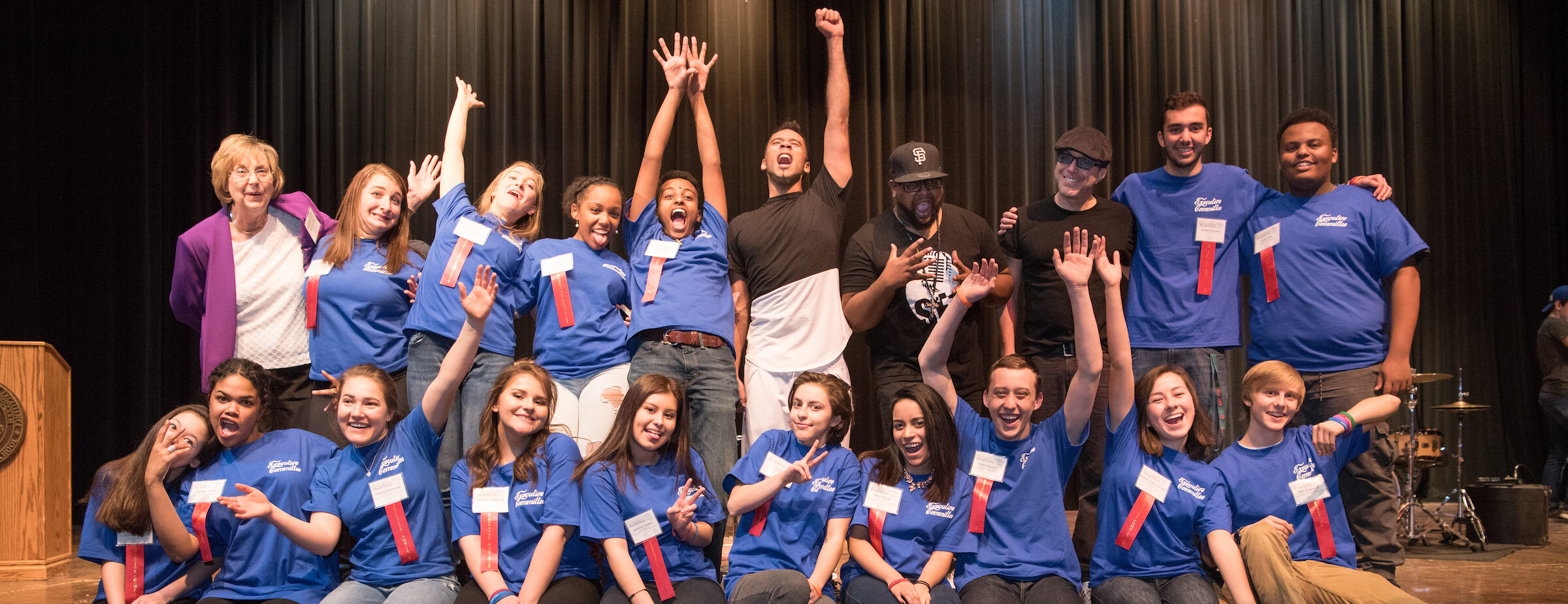
Problem to be Solved
Many young people with marginalized identities do not feel safe, accepted, or respected in school and in their community. These feelings often arise from wider social dynamics and systemic injustices rooted in oppression that play out in young people’s daily lives and interactions. For many young people, these social injustices prevent them from reaching their educational potential in school, with implications for their sense of belonging, earning potential, and ultimately their life success.
For many affected youth, common outcomes may include late graduation, dropping out of school, economic insecurity, drug use, crime and violence, homelessness, emotional distress, mental illness or even attempts at suicide.
YCD programs aim to change these patterns and paths for better outcomes by helping them develop their identity and self-confidence, learn critical skills for advocacy and changemaking, and ignite a passion for advancing inclusion and justice — and we have data to prove our programs’ effectiveness.
YCD’s Intervention
YCD programs leverage student-led groups, trainings, experiences and projects focused on social justice and inclusion in order to teach and develop core skills for program participants.
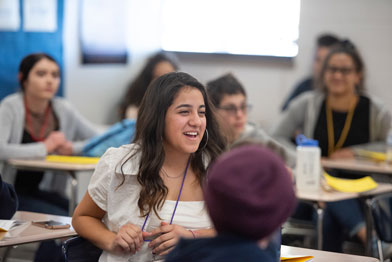
Organize
Students organize with peers to form anti-oppression clubs and groups, called YCD chapters. Chapters may be school- or organization-based, or may be community-based. YCD provides support for groups to go through the organizing process.
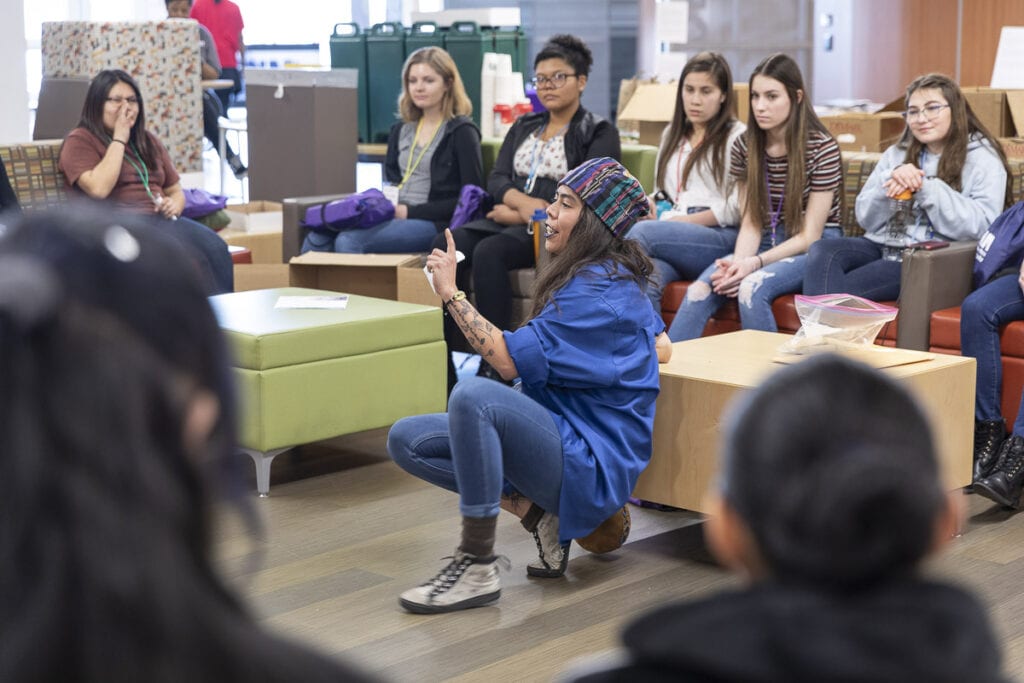
Train
Student leaders attend leadership training so they have the skills to authentically lead their chapter meetings. Training includes sparking and managing a conversation, developing consensus, conflict resolution, and core DEIJ concepts.
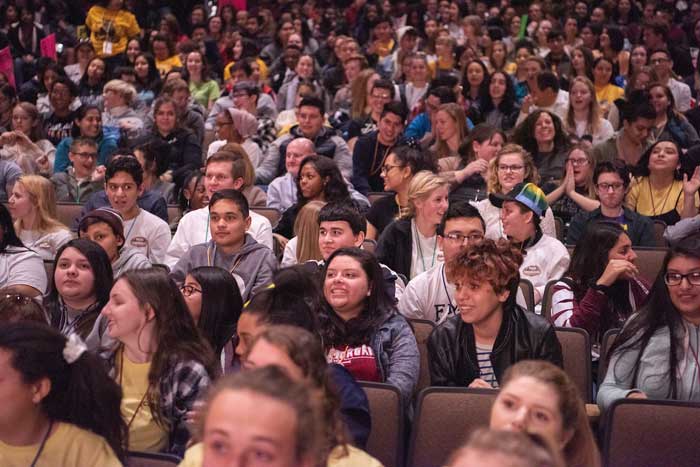
Educate
Students attend regular meetings and participate in discussions about the social issues they have identified so they can become well-informed. They also attend YCD conferences and webinars, or other events they have identified.
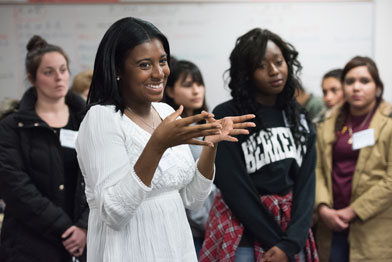
Take Action
Students are challenged to create and implement an action project of their own design.
Core Skills and Program Results
The YCD experience develops the core skills below in our program participants. Figures from the 2022-2023 program year; rankings out of 10.
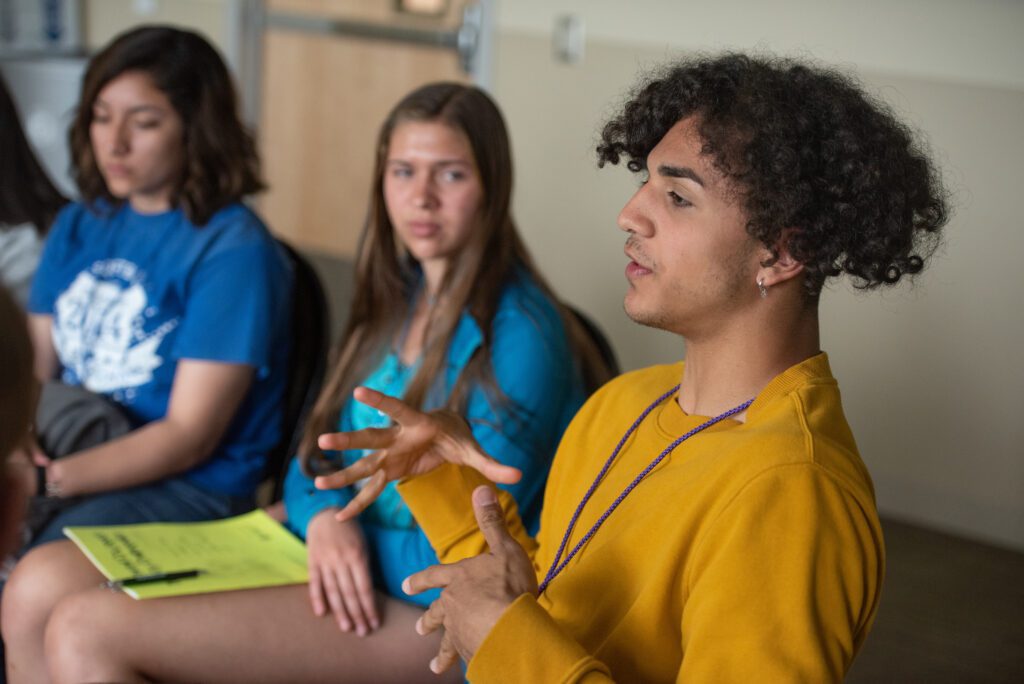
Identity
Target outcome: I can define and explain my identity, values and beliefs.
Colorado students reported an increase: 8.07 → 9.12.
New Mexico students reported an increase: 7.95 → 8.38.
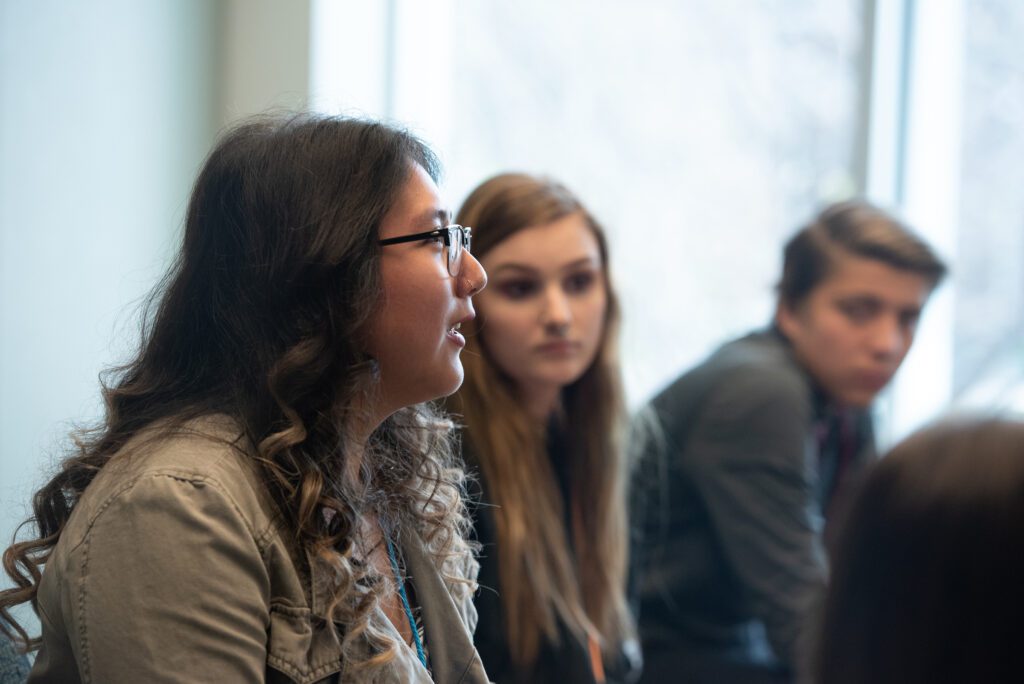
Authenticity
Target outcome: I am proud of my identity.
Colorado students reported an increase: 8.77 → 9.39.
New Mexico students reported an increase: 8.63 → 8.67.
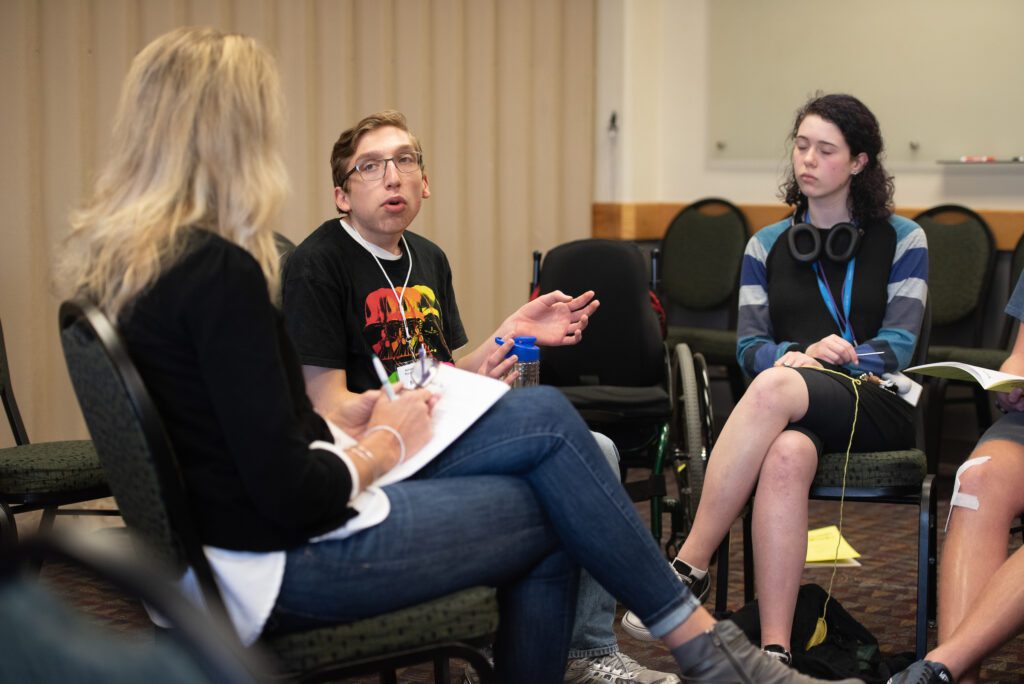
Perspective taking
Target outcome: I feel that I respect those who are different from me and show them empathy.
Colorado students reported an increase: 9.20 → 9.48.
New Mexico students reported an increase 9.21 → 9.32.
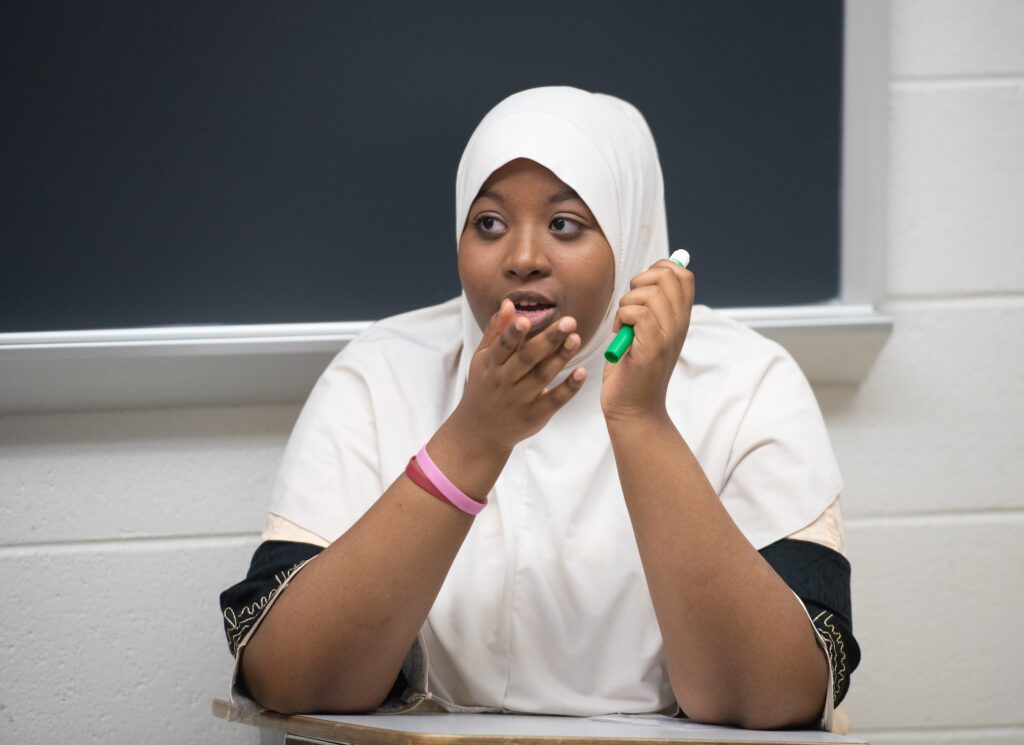
Communication
Target outcome: I feel that I can communicate openly and honestly with others to address social problems.
Colorado students reported an increase: 7.98 → 8.91.
New Mexico students reported an increase: 7.72 → 8.08.
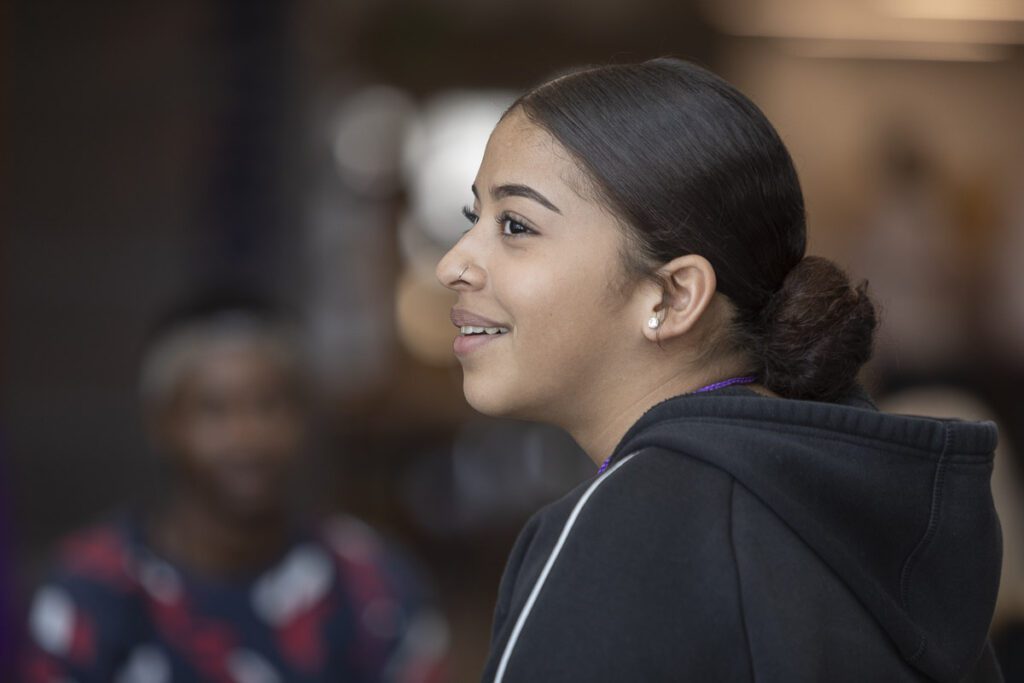
Conflict resolution
Target outcome: I know I can navigate conflict when it arises with specific strategies.
Colorado students reported an increase: 7.61 → 8.58.
New Mexico students reported an increase: 7.19 → 7.73.
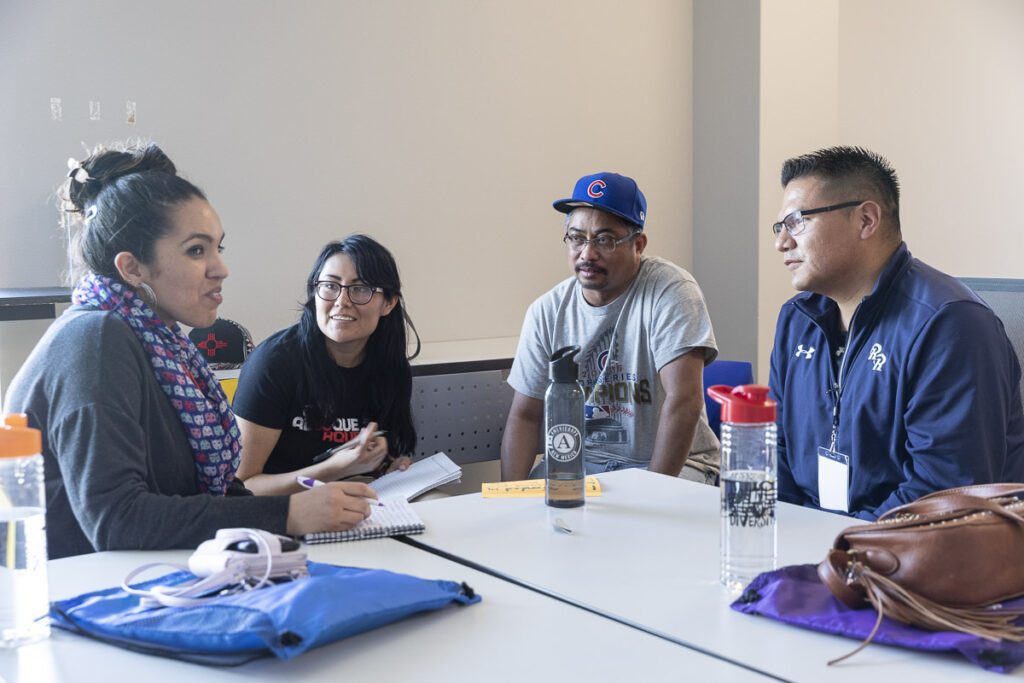
Collaboration
Target outcome: I feel able to call on allies and accomplices when facing oppression, discrimination or an uncomfortable situation.
Colorado students reported an increase: 7.55 → 8.82.
New Mexico students reported an increase: 7.51 → 7.93.
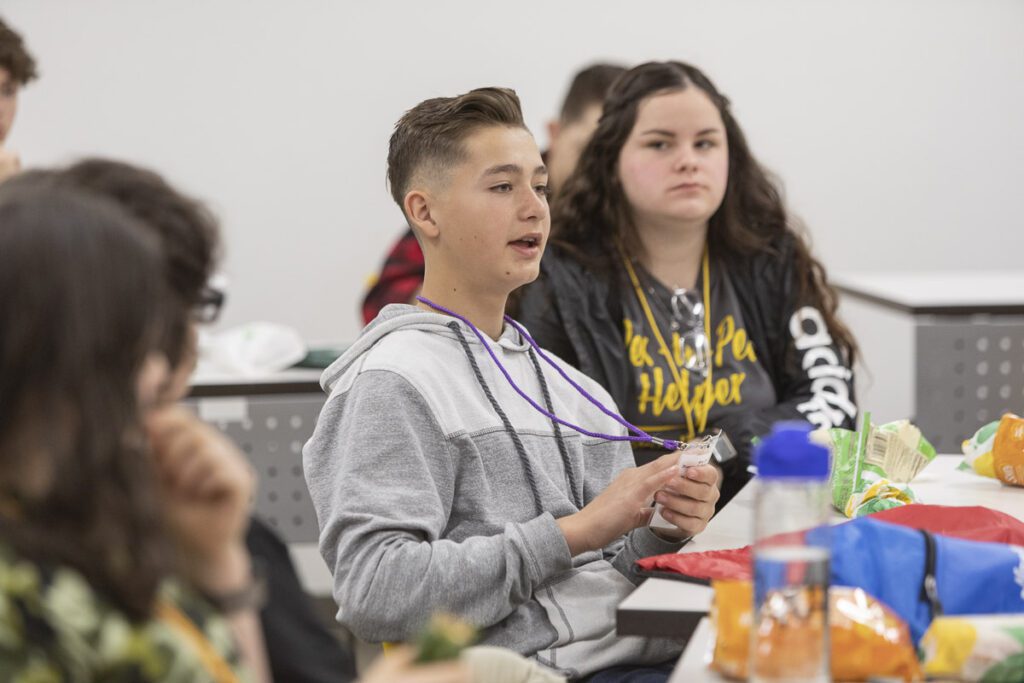
Integrity
Target outcome: I hold myself accountable for things I have said and done to others.
Colorado students reported an increase: 8.83 → 9.21.
New Mexico students reported an increase: 8.75 → 8.89.
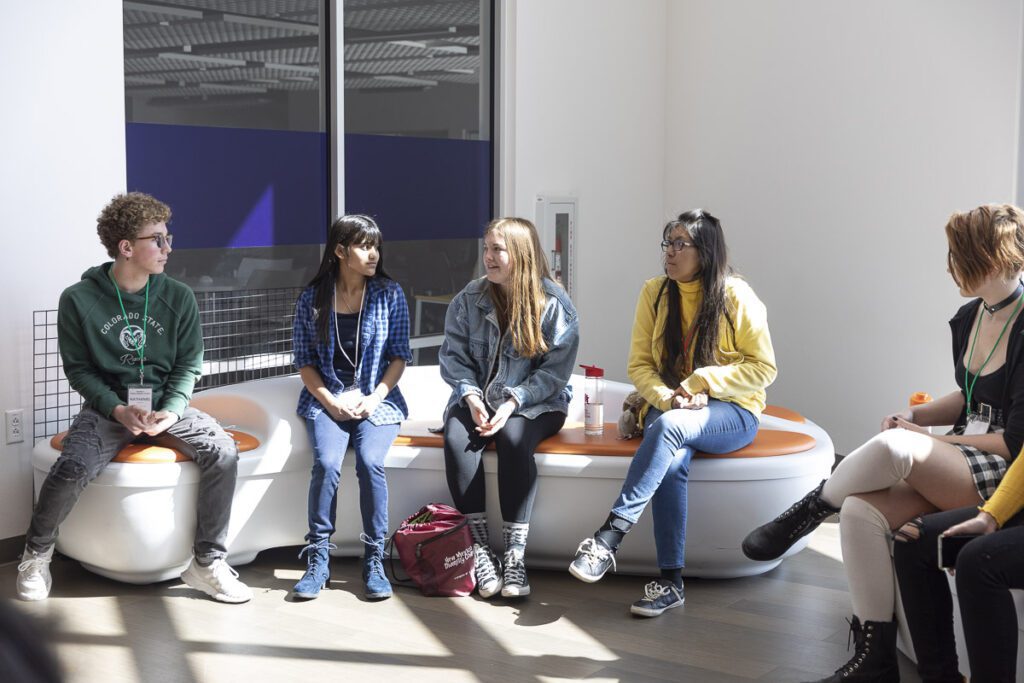
Decision-making
Target outcome: I think I make good choices when facing difficult decisions.
Colorado students reported an increase: 7.89 → 8.97.
New Mexico students reported an increase: 7.73 → 7.96.
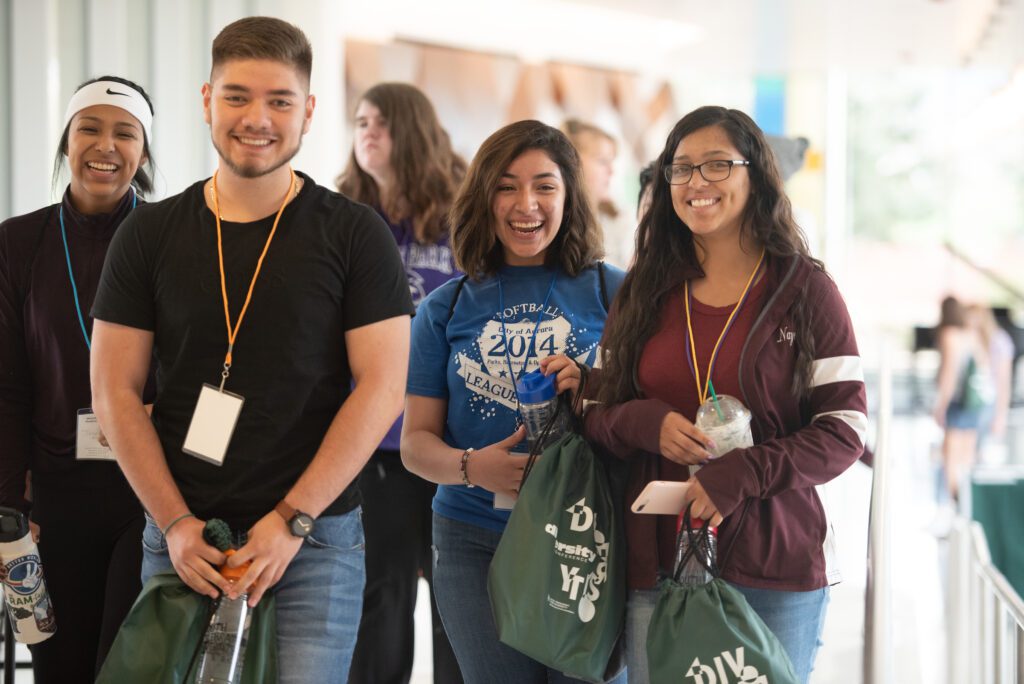
Activism
Target outcome: I feel engaged in making positive social change in my community or school.
Colorado students reported an increase: 8.64 → 9.36.
New Mexico students reported an increase: 8.25 → 8.44.
Vision
Our vision is that one day, every teen in America will feel safe, respected, and empowered to achieve their potential.